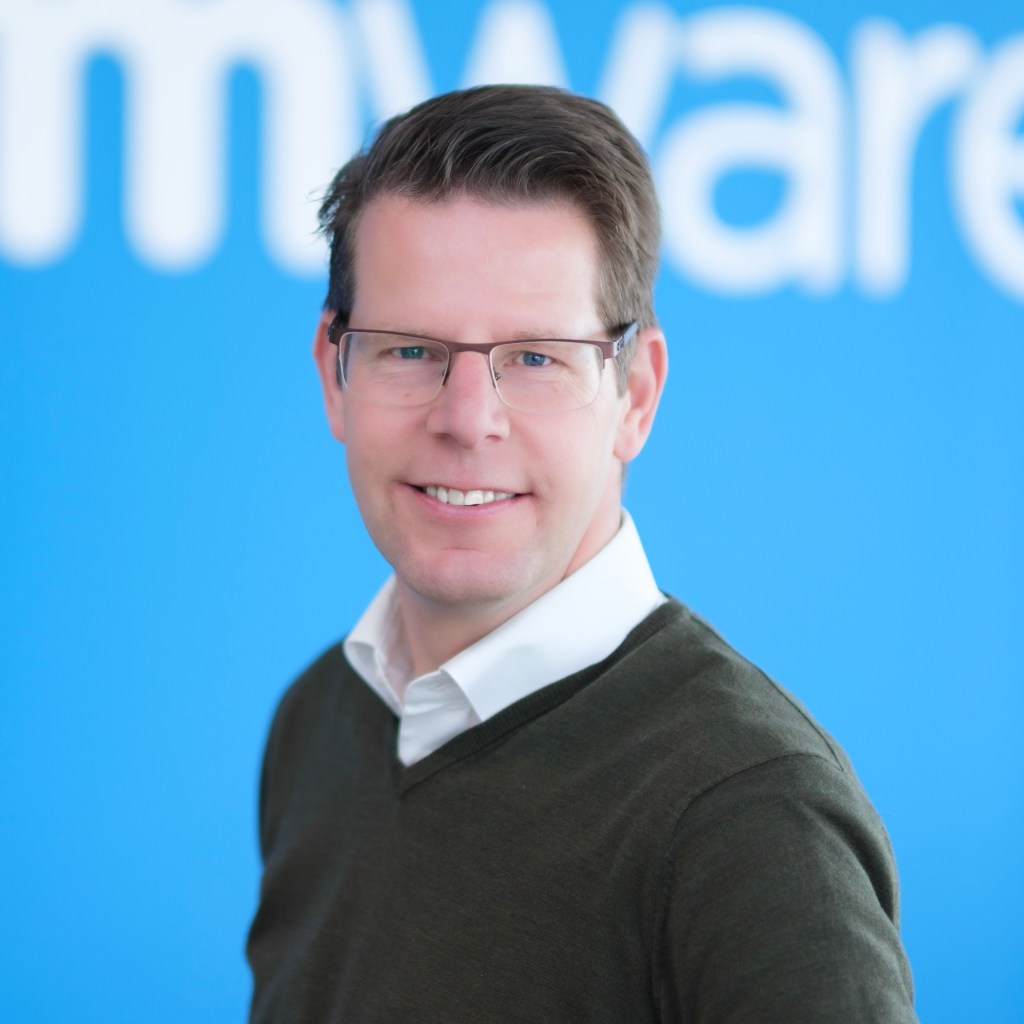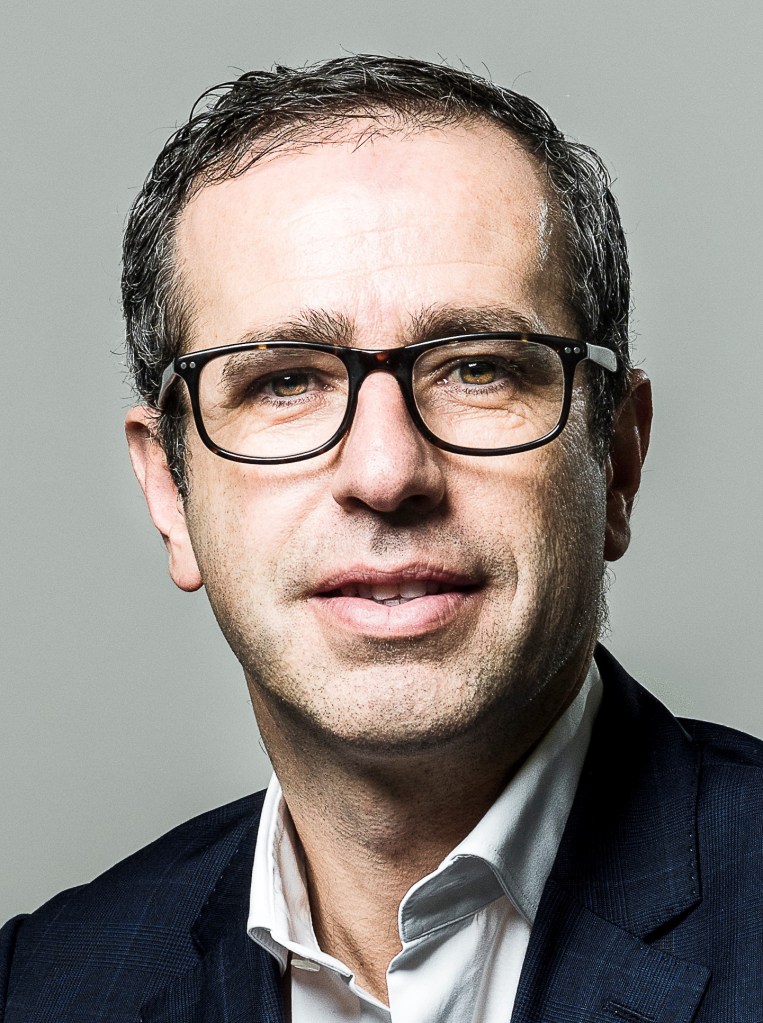For most IT professionals, learning never stops. This comes as no surprise given the nature of the industry as well as the pace with which technology has advanced in recent times. Because of this, technology professionals – regardless of what stage of their career they’re in – are often tasked with staying up to date on the latest industry developments in order to keep on top of their business’ ever-changing needs.
Fortunately, nowadays there’s a flurry of flexible solutions for working professionals who are looking to continue to develop both their technical expertise and management and leadership skills. These often include self-paced online learning, webinars, in-person community events and, more traditionally, books.
Read on to discover what VMware leaders and executives currently have at the top of their reading lists, as well as what books they would personally recommend to younger employees who are looking to grow and develop as IT professionals.
Tuuli Tervaskanto, Country Manager, Finland and Baltics

For your next reading session, Tuuli Tervaskanto, Country Manager, Finland and Baltics, recommends picking up a copy of Humankind: A Hopeful History by Rutger Bregman, which she describes as a “great source for my own leadership and an inspiration for speaking to customers and partners.”
“This classic is my favorite,” Tuuli shared. “It’s about the history of the good and the unselfishness of mankind, and how we get what we expect in people through the ‘return on investment (ROI) of positive expectations’. All this, combined with our positive attitude and expectations, have a massive impact on how we lead and motive people, as well as how we sell our products.”
“For example, how we communicate the power of our multi-cloud offering to our customers and partners is directly affected by our own expectations and whether we ourselves believe that we can make a positive impact. It´s important to stay on top of our own attitudes.”
John Watton, Vice President, EMEA Marketing

“I’m a big fan of Deep Work: Rules for Focused Success in a Distracted World by Cal Newport,” shared John Watton, Vice President, EMEA Marketing. “It was written a few years ago and discusses how we can focus on work that matters – in other words, ‘deep work’,” he said. “The ideas in the book predate generative AI by several years, but it proposes the concept that ‘shallow work’, such as answering emails and managing diaries, will eventually be automated in order to help us focus on more meaningful tasks.”
“It’s about how you structure your day – by moving away from ‘shallow work’ and managing your day, you can identify ways to develop, grow and find what makes the most impact. This allows you to spend the majority of your work life exercising your mental muscles and keeping mornings when your brain is most active free from unnecessary meetings and other distractions.”
Christine Hensel, Senior Director, Solution Engineering, Germany

Christine Hensel, Senior Director, Solution Engineering, VMware Germany, said that she is currently reading a book titled Zusammenhänge: Wie wir lernen, die Welt wieder zu verstehen by Wolf Lotter. “I’m not sure if it’s available in languages other than German, but it describes how we arrived in the knowledge society but have not yet become accustomed to the new mechanisms,” she shared.
“In an increasingly complex world, we talk a lot about the knowledge society, but what is really meant by the utility works of technology, economy, culture, or contemporary education is not fully understood by anyone. Lotter encourages a new self-awareness and a consistent change in thinking,” Christine said. “My other recommendations would be Thinking, Fast and Slow by Daniel Kahneman and Schwarmintelligenz: Wie einfache Regeln Großes möglich machen by Len Fisher.”
Erik de Geus, Regional Senior Director, Benelux

As part of his book recommendations, Erik de Geus, Regional Senior Director, Benelux, suggests Mindset: The New Psychology of Success by Dr. Carol S. Dweck.
“It’s a great read that teaches you a positive mindset as a way of approaching challenges and focusing on your learning and growth,” Erik shared. “It’s especially important in your career as well as in broader life.”
“For me personally, this is a great mindset to have, especially when things are not working out as expected because it teaches you that it should be treated as a learning, not as a failure. For example, if you’re after a certain job and you don’t get it, it means you did not get it ‘yet’. The learning is part of the journey of getting there.”
Juan Rubira Cruzado, Senior Director, Digital Sales Center

Juan Rubira Cruzado, Senior Director, Digital Sales Center shared that his current reading list consists of two novels: Kafka on the Shore and A Wild Sheep Chase by Haruki Murakami.
“I have read already part of the first one, and it is very different to what I have read up until now. It uses a very special and innovative way of writing. Haruki Murakami almost captures you in a spider’s web and you are not able to stop enjoying every single word of it. It is quite peculiar style, but you will certainly not regret it.”
“Apart from that, I have many other titles that I would recommend reading for your summer break. Yo, Julia by Santiago Posteguillo is a historical novel based on the life of Julia Domna, who was one of the most relevant, fascinating, and unknown female characters in the history of Rome. As the first empress of the Severan dynasty and mother of 2 emperors, she had one of the most relevant and difficult roles in Roman history. She also had a very turbulent life and had to navigate through a lot of uncertainties and risks.”
Bjoern Brundert, Principal Technologist, CEMEA

Bjoern Brundert, Principal Technologist, CEMEA: “I first listened to Ideaflow: The Only Business Metric That Matters by Jeremy Utley and Perry Klebahn after completing a Design Thinking course at Stanford University.”
“Both authors were professors on this course – they shared a deep-dive of their wealthy experience around ideation and why it is so important when it comes to innovation,” Bjoern shared. “Ideation is a key part of the Design Thinking process and one that requires training – much like a mental muscle. Personally, I really enjoy Design Thinking as a discipline because it is a great vehicle to connect technology leaders with business innovators and users.”
“I presented at VMware Explore last year about "Design Thinking with IT" about why it is important to sit down and listen to users of IT services and technologies in general. Why it helps to build more relevant products and actually solve issues for them instead of just building technology for technology's sake.”
